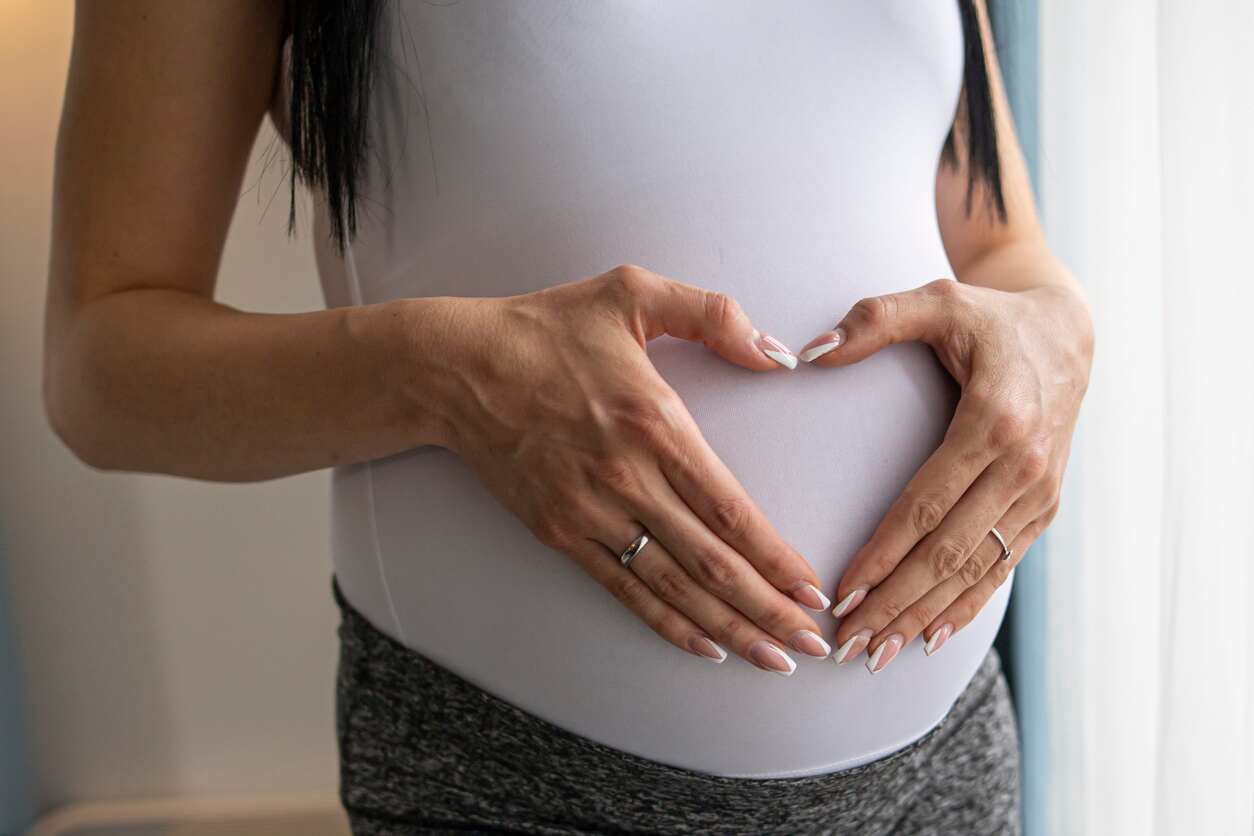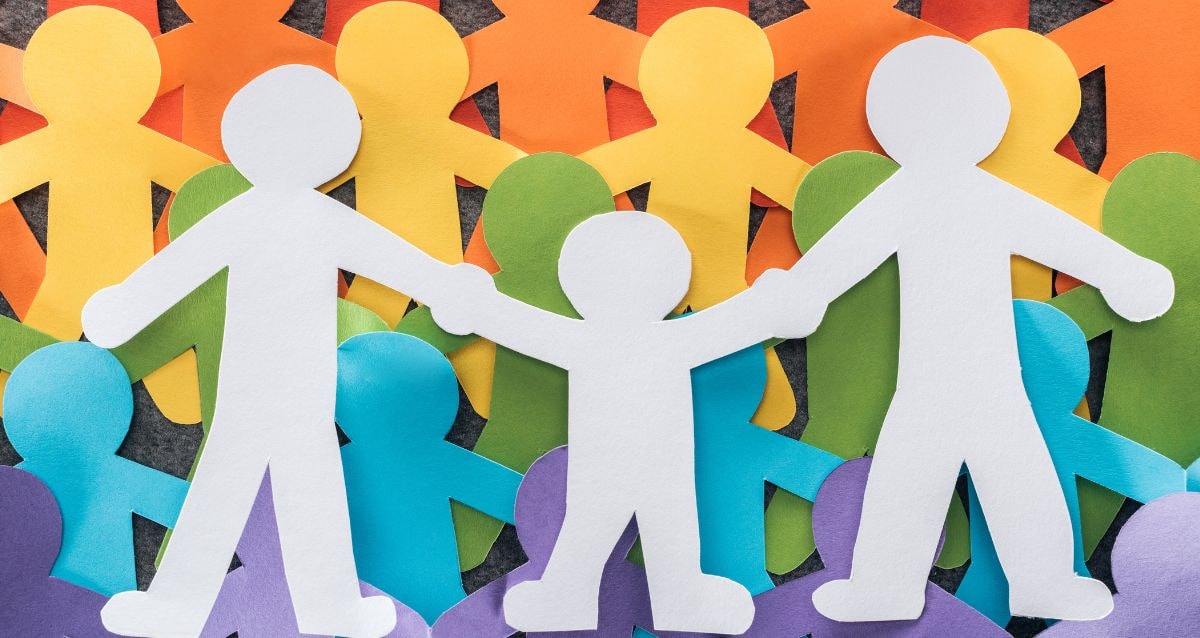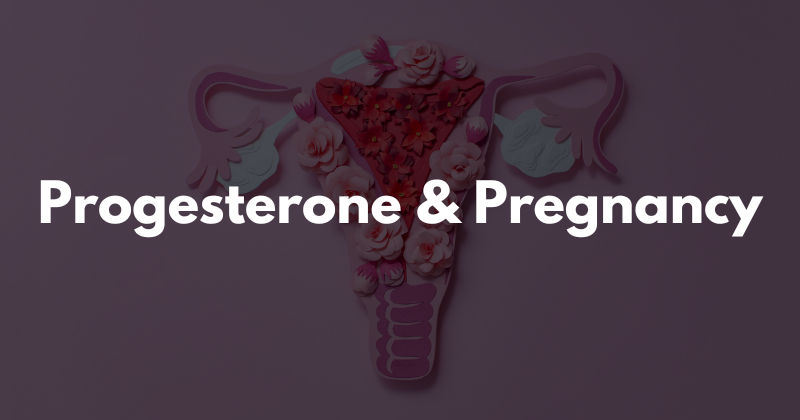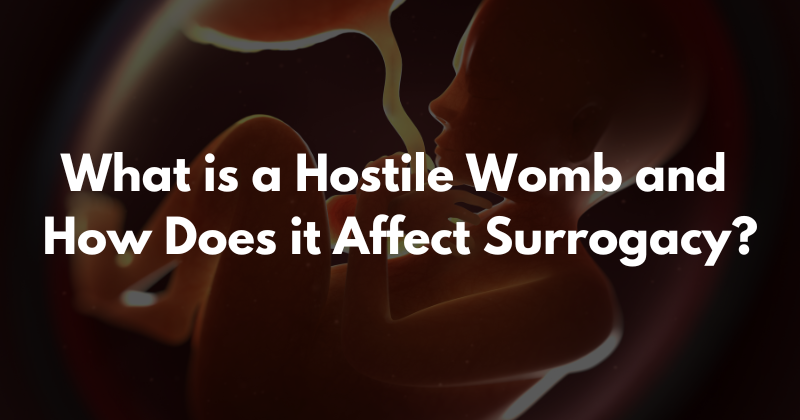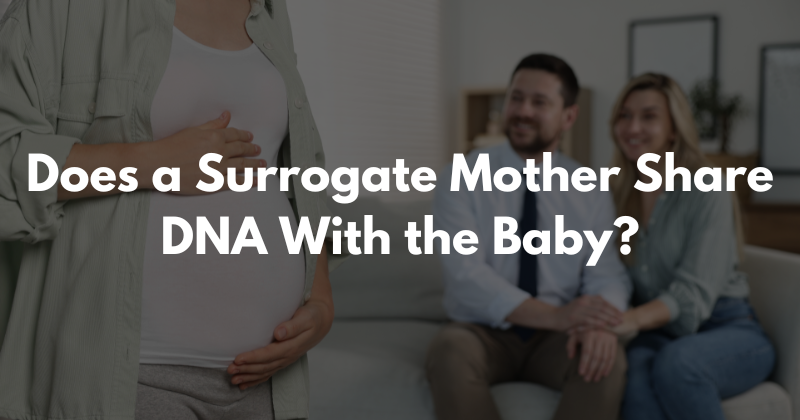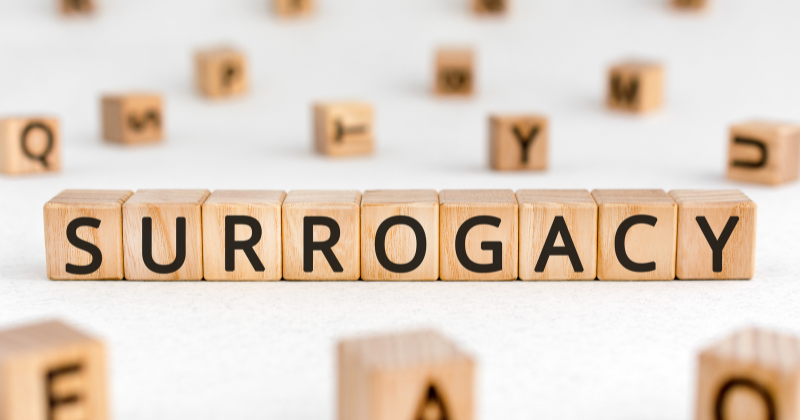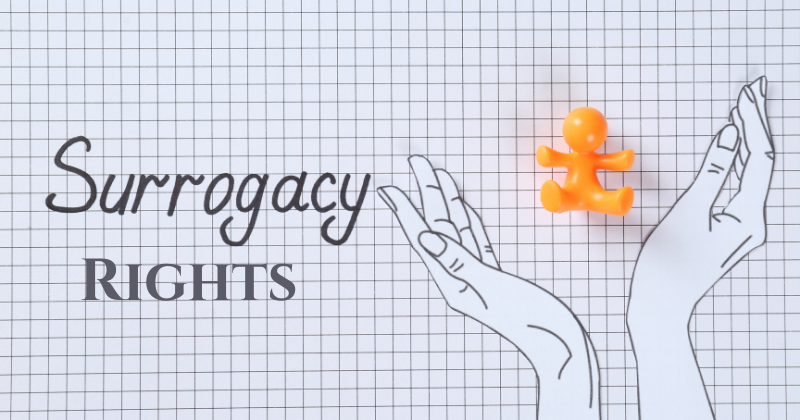One of the most frequent questions we receive from intended parents contemplating the process of surrogacy is whether a surrogate baby will be biologically related to them. It’s a valid concern and a fundamental aspect to consider, as it shapes the overall emotional landscape of the journey towards parenthood. As this question is complex and nuanced, it’s crucial to understand the specifics of the surrogacy process, particularly with gestational surrogacy.
In the realm of surrogacy, it’s important to distinguish between traditional and gestational surrogacy. Traditional surrogacy involves the surrogate mother’s egg, thereby making the surrogate biologically related to the baby. On the other hand, gestational surrogacy, which is the most commonly practiced form today, involves using an embryo created from the egg and sperm of the intended parents or donors, depending on the specific circumstances.
With gestational surrogacy, the surrogate carries and delivers the baby but does not contribute genetically to the child. This form of surrogacy facilitates a route to parenthood for those who might struggle with fertility, same-sex couples, or those who cannot carry a pregnancy for health reasons. With this background in mind, let’s delve into the specifics of biological connections in the surrogacy process.
Is a surrogate baby biologically related to the surrogate mother?
Gestational surrogacy takes its name from the word ‘gestate,’ which means to carry or be pregnant with offspring after conception. In this arrangement, the surrogate mother becomes a vital part of the journey, offering her womb as a safe place for the baby to grow and develop. However, despite this invaluable role, the surrogate is not biologically linked to the baby.
In the process of gestational surrogacy, the egg comes either from an egg donor or the intended mother, while the sperm is either from a sperm donor or the intended father. The egg is fertilized through in-vitro fertilization (IVF) and the resulting embryo is then transferred into the surrogate’s uterus. The surrogate mother, therefore, acts as a carrier, offering a nurturing environment for the baby to grow, but she does not contribute any genetic material to the child.
By ensuring the surrogate mother and the baby do not share any biological connection, this arrangement can alleviate potential legal and emotional complications associated with traditional surrogacy. It’s vital to understand this aspect as it directly influences the biological relationships within the surrogacy journey.
Will the baby look like the surrogate?
The question of whether the baby will resemble the surrogate is common, arising from misconceptions about the role of the surrogate mother. As we’ve established, in gestational surrogacy, the surrogate contributes no genetic material to the baby. Consequently, the physical characteristics of the baby, including appearances, are determined by the biological parents or donors, not the surrogate.
Every trait, from the color of the baby’s eyes and hair to their height and propensity towards certain health conditions, are coded in the genes passed down from the biological parents. The surrogate’s genetic makeup and appearance do not influence these inherited characteristics. The baby’s genetics are entirely dependent on the egg and sperm used during IVF, making the surrogate’s physical traits irrelevant to the baby’s appearance.
Understanding this disconnect can be essential for intended parents, offering reassurance that their baby will carry their genetic traits, not those of the surrogate mother. It is one of the many ways science facilitates the journey to parenthood through surrogacy.
So is the surrogate baby biologically related to me?
The answer to this question is dependent on the specifics of your surrogacy journey. If your own egg or sperm was used in the IVF process, then yes, the baby is biologically related to you. This is often a crucial component of the surrogacy process for many intended parents, allowing them to maintain a genetic connection to their child.
When an intended parent’s egg is used, the baby will share half of its genetic makeup with the mother. Similarly, if the intended father’s sperm is utilized, the baby will inherit half of its genetic material from him. Thus, in a scenario where both intended parents contribute their genetic material, the baby is biologically related to both of them.
Diverse Paths to Parenthood
However, there may be instances where only one intended parent’s genetic material is used, perhaps due to fertility issues or in cases involving single parents or same-sex couples. Here, the child would be biologically related to the contributing intended parent only. This does not, in any way, diminish the bond or the love shared between the non-biological parent and the child. Parenthood, after all, transcends the bounds of biology.
In certain scenarios, neither of the intended parents might be able to provide the egg or sperm, necessitating the use of both an egg and a sperm donor. In this case, while the baby might not be genetically related to the intended parents, they are unequivocally the parents of the child in every other sense. The love, care, and nurturing they provide make them the child’s parents, and the fact that they have carried the desire for this child from the outset gives them an irreplaceable bond with the baby.
If you are interested in starting a family through surrogacy and would like more information, or if you would like to ask some questions, we welcome you to contact us.
Wendy Arker entered the field of infertility with a huge heart and passion to guild others on their quest to grow their own family after her personal journey with infertility and turning to egg donation and sperm donation to create her own family. Being a single-mother-by-choice, Wendy understands firsthand the unique way families are built. Whether you’re a married couple, single, or LBGTQ, Creative Love is committed to assisting you.

